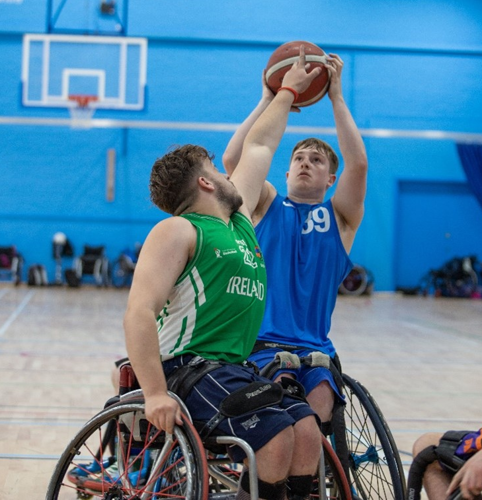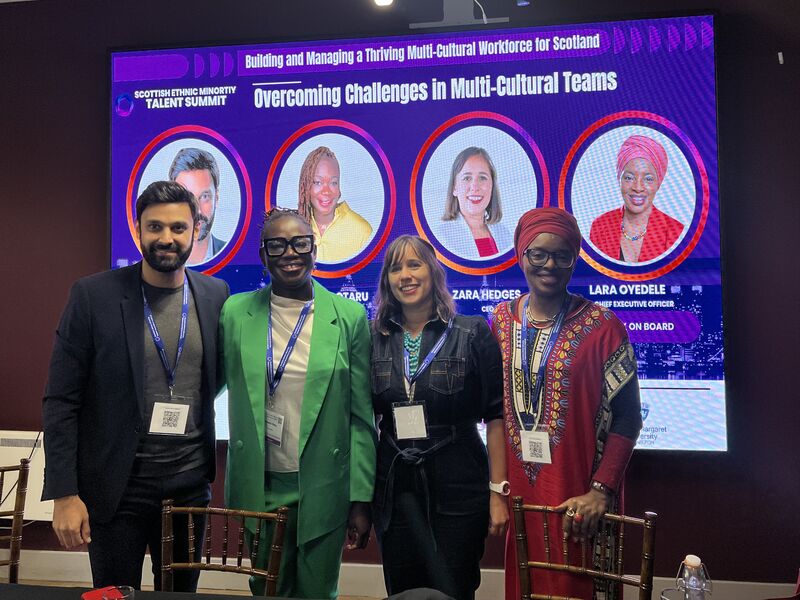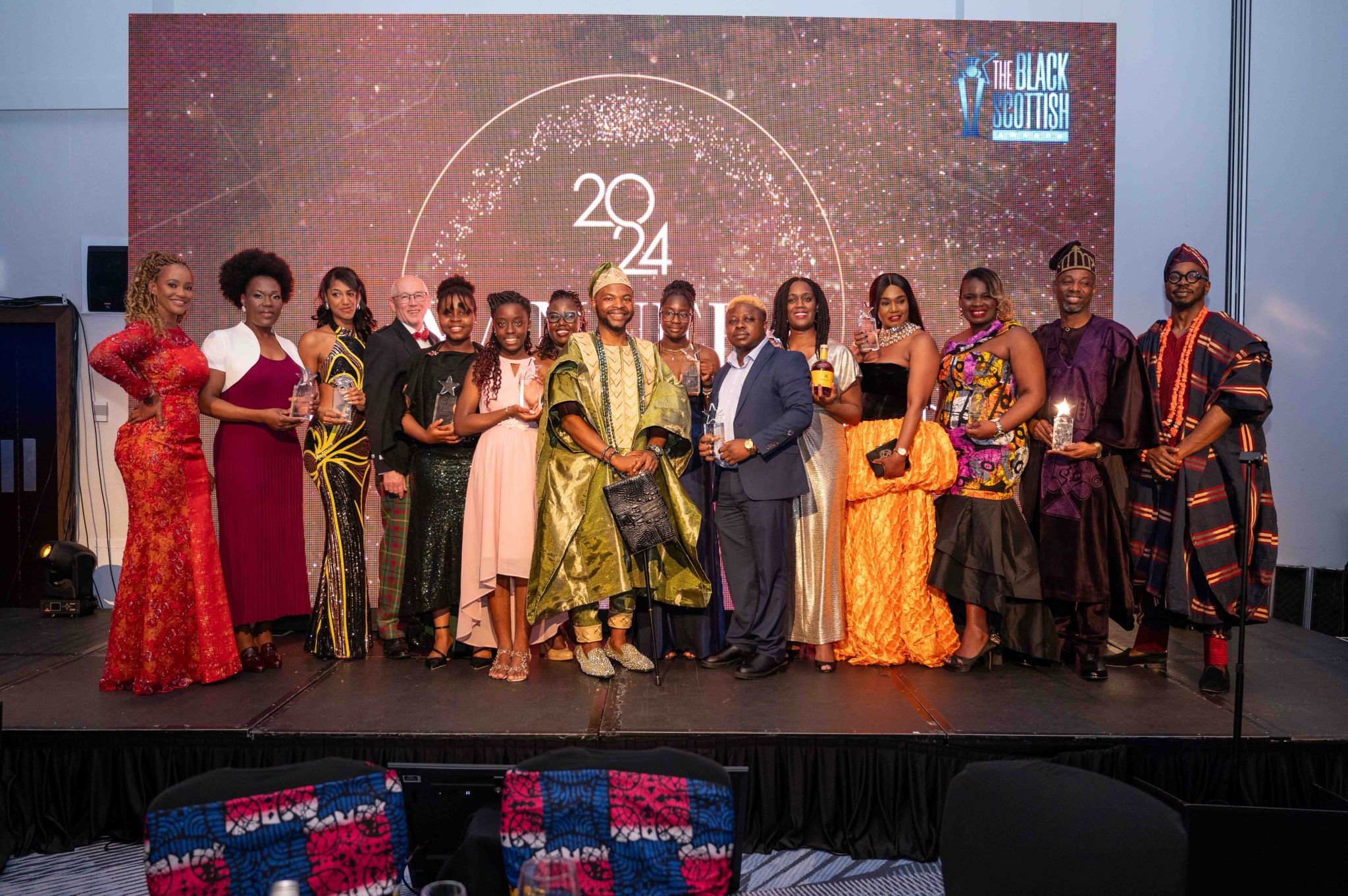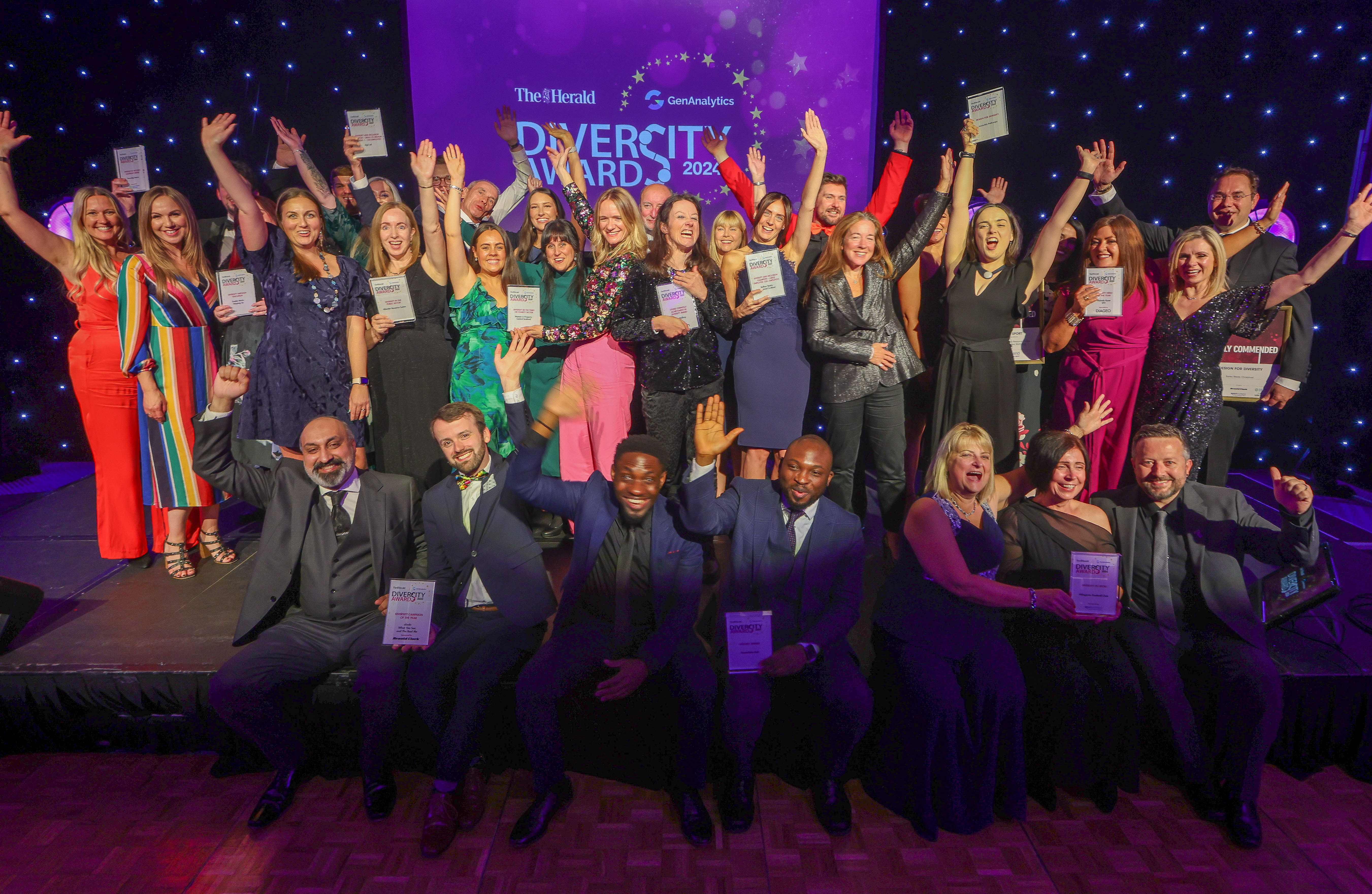Working together, the five UK Sports Councils have developed the new Moving to Inclusion framework, a flexible online development tool which can be accessed at any time and across all levels of sport and physical activity to help organisations tackle inequalities in their business.
Adapting to meet partner needs
Instead of an accreditation programme, this new approach is a continual improvement journey. It is based on acknowledging that each organisation is at a different point with varied resource, and regardless of these, the new framework can be applied to create a relevant action plan to drive improvement.
The Moving to Inclusion website contains resources and guidance to support self-reflection, implementation and review (and in some cases, this can be supported by an additional mentor resource). The framework is based on five pillars:
- Leadership
- Culture
- Experience
- Relationships
- Communications
Understanding the benefits
The Moving to Inclusion framework aims to breakdown inclusion areas so that they are more manageable and can be part of a process for organisations to embed meaningful change.
The self-diagnostic tool within the framework will support organisations to assess where they are in relation to Equality, Diversity and Inclusion so they understand where their focus should be to make improvements.
As the framework evolves and is embraced by more partners across the sporting system, it will be helpful in creating a culture and community of learning and improvement. It is based on the understanding that a greater focus on EDI will benefit the whole organisation, including staff satisfaction, retention, reputation, growth and resilience.
Forbes Dunlop, CEO of sportscotland sees the potential of the new framework:
“Sport and physical activity are for everyone, and nobody should be excluded from taking part. At sportscotland, our aim is for inclusion to underpin everything we do and the launch of Moving to Inclusion is a positive step towards breaking down barriers to participation and creating opportunities for all across the sporting system.”
Consultation to drive change
It was feedback from partners across the sporting system that identified the need for a new approach. Five governing bodies in Scotland have been involved so far and we spoke to them about what they hope to achieve through the new framework. Colin Hutchison, CEO at Scottish Athletics, told us:
“We are delighted to embrace the Moving to Inclusion Framework, alongside Scottish Gymnastics, Scottish Student Sport, the Scottish Rugby Union and Tennis Scotland. scottishathletics achieved the Advanced Level of the Equality Standard for Sport in 2019 and since then we have continued to work internally and with the athletics community in Scotland to improve diversity in our sport. The Framework is an ideal resource to enable us to assess our progress, identify areas for further improvement and ensure that there is a continual commitment to enhancing equality, diversity and inclusion across athletics in Scotland.”
Eilidh Gibson, Inclusion and Culture Coordinator at Scottish Student Sport, told us what she’s hoping to get out of the framework:
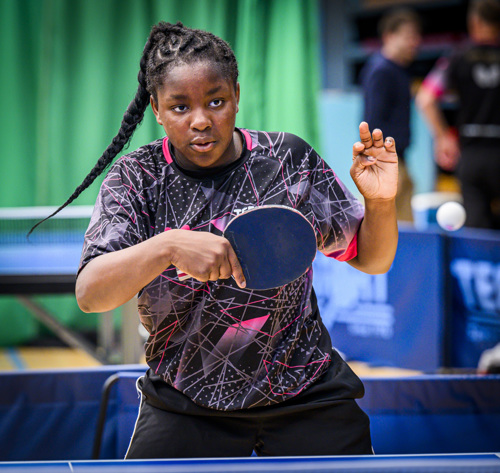
“One of our key values is that inclusion is a part of everyone’s role, and I hope the framework will enable us to identify areas that we can improve our inclusivity, as well as gain knowledge, ideas and inspiration for making all that we do both internally and externally more inclusive. I intend to use the results from the Moving to Inclusion self-diagnostic tool, the discussions with the Plan4Sport mentors, and the passionate priorities of our Equality Steering Group, to direct a new equality strategy; our “Equality Action Plan”. We are passionate that sport is a place where everyone feels that they belong. If this framework can guide our work to make this a reality, we as an organisation will be better for it.”
Tennis Scotland Head of Operations, Denise Irvine said:
“With a focus on continuous development and improvement, this new framework will benefit Tennis Scotland, ensuring inclusion is at the forefront of all decision making. By investing in the five pillars of Leadership, Culture, Experience, Relationships and Communication, we will be able to further develop as an inclusive organisation.”
Tennis Scotland Chief Executive Blane Dodds added:
“Working alongside our partners at the Lawn Tennis Association, we are building a culture of inclusion, ensuring our sport reflects the diversity of the communities we serve. Our vision – ‘Tennis Opened Up’ - is helping to position tennis to be welcoming and accessible to all, and that people who play, develop and support the game should be empowered to appreciate diversity, equality and equity.”
Access the framework
Take a look at the new framework Home - Moving to Inclusion


